I am trying to alter the default response of Azure Resource graph query into similar that Azure portal uses. My query is:
resourcecontainers | where type == "microsoft.resources/subscriptions" | project name, tags
From where the response for tags is:
"tags": {
"TagA": "TeamA",
"TagB": "TeamB",
"TagC": "TeamC"
},
I would like to alter this into:
"tags": [
{
"name": "TagA",
"value": "TeamA"
},
{
"name": "TagB",
"value": "TeamB"
},
{
"name": "TagC",
"value": "TeamC"
}
]
How to do it? All examples I have found are either for only one tag or static set of tags. Mine would need to support dynamic amount of tags.
